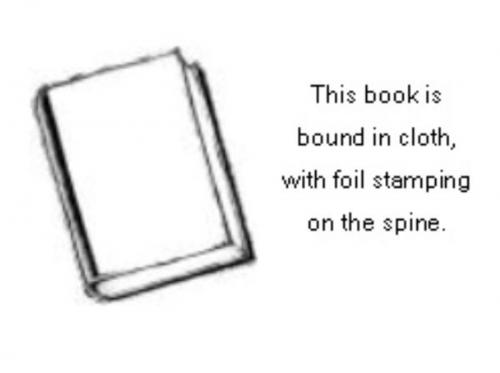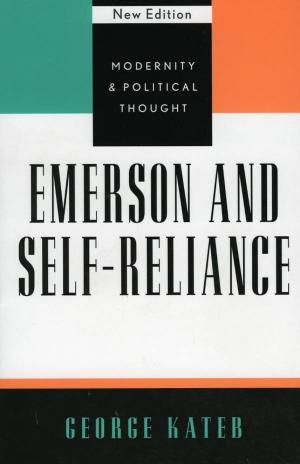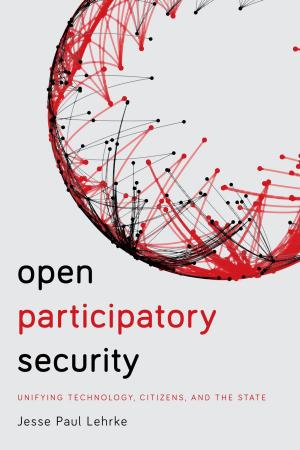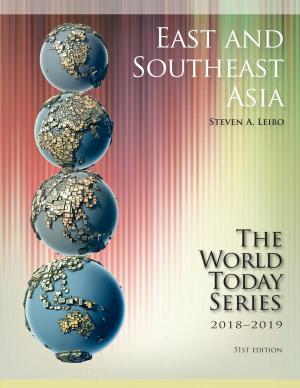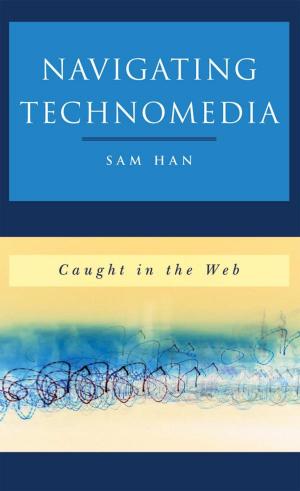| Author: | Roy Palmer Domenico | ISBN: | 9781461666134 |
| Publisher: | Rowman & Littlefield Publishers | Publication: | November 13, 2002 |
| Imprint: | Rowman & Littlefield Publishers | Language: | English |
| Author: | Roy Palmer Domenico |
| ISBN: | 9781461666134 |
| Publisher: | Rowman & Littlefield Publishers |
| Publication: | November 13, 2002 |
| Imprint: | Rowman & Littlefield Publishers |
| Language: | English |
Although the unification of Italy in 1870 initially defined the nation's geographic boundaries, Italians faced the new challenge of determining their nation's social, political, and cultural identity as they entered the twentieth century. In Remaking Italy in the Twentieth Century, noted scholar Roy P. Domenico examines the struggle between Liberals, Fascists, Marxists, and Catholics to recast the nation according to their visions. As he focuses on Italy's political course, Domenico deftly highlights the economic, social, and cultural changes that accompanied the shifts in governmental power. In describing those who shaped modern Italy, Domenico reveals how an agricultural society—divided by region, language, and culture—was transformed into a modern state, still faced with regional tension, ethnic division, and the problems inherent in post-modern society. Straightforward and succinct, Remaking Italy in the Twentieth Century will be of great value to all interested in Italian history and culture.
Although the unification of Italy in 1870 initially defined the nation's geographic boundaries, Italians faced the new challenge of determining their nation's social, political, and cultural identity as they entered the twentieth century. In Remaking Italy in the Twentieth Century, noted scholar Roy P. Domenico examines the struggle between Liberals, Fascists, Marxists, and Catholics to recast the nation according to their visions. As he focuses on Italy's political course, Domenico deftly highlights the economic, social, and cultural changes that accompanied the shifts in governmental power. In describing those who shaped modern Italy, Domenico reveals how an agricultural society—divided by region, language, and culture—was transformed into a modern state, still faced with regional tension, ethnic division, and the problems inherent in post-modern society. Straightforward and succinct, Remaking Italy in the Twentieth Century will be of great value to all interested in Italian history and culture.
